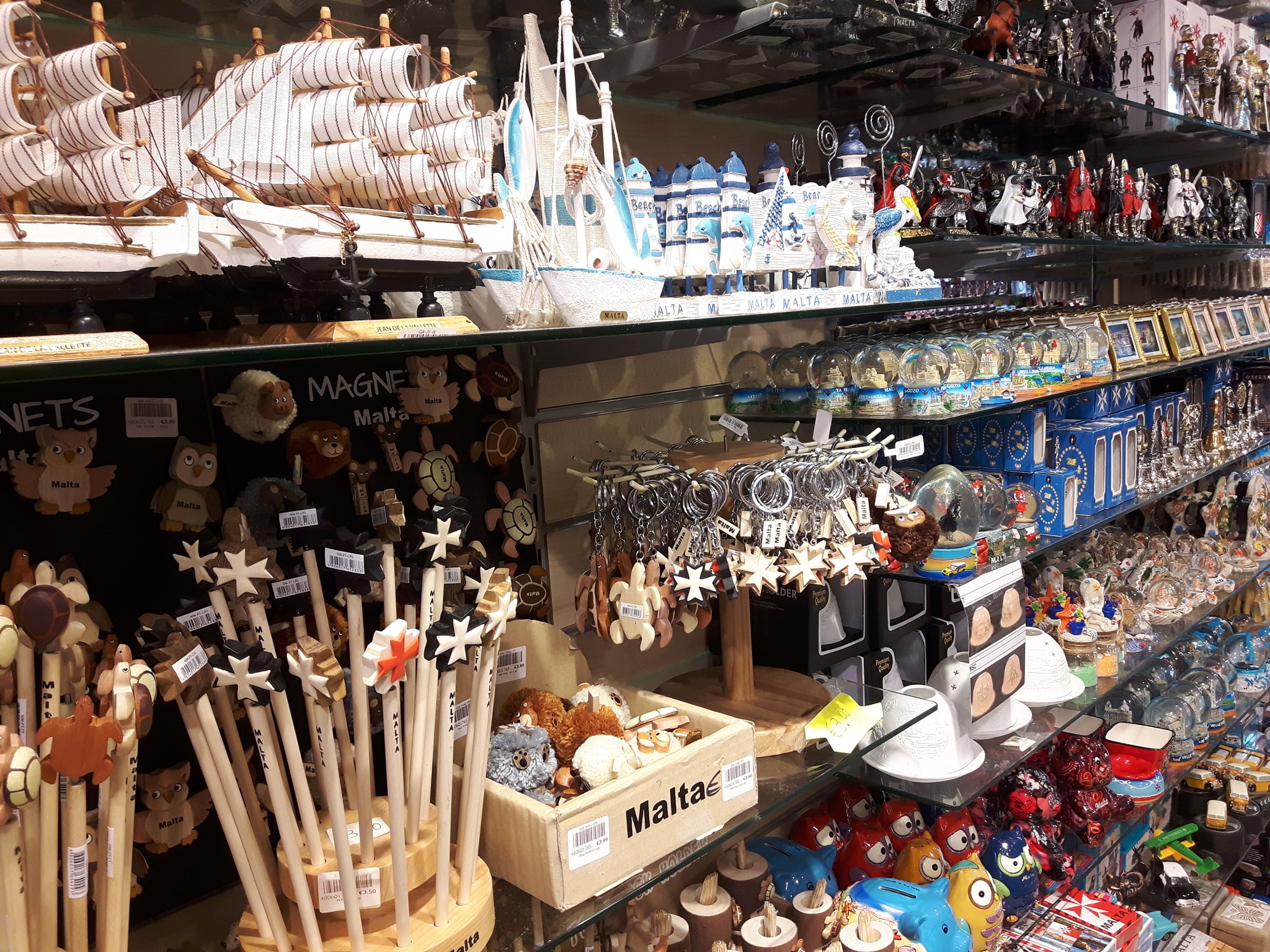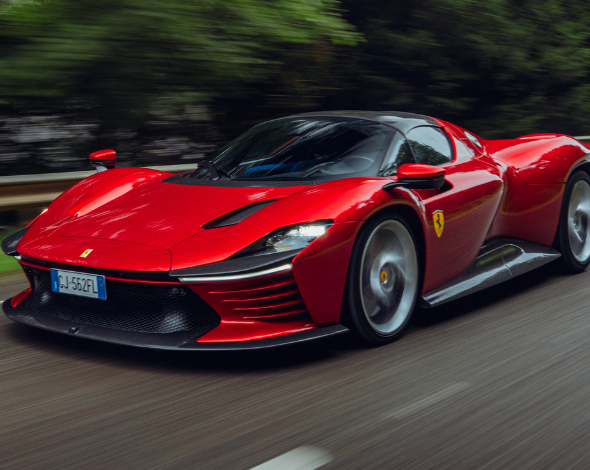As Malta’s tourist arrivals steadily edges towards the numbers seen pre-COVID, and a spotlight is shone on the amount spent by visitors while in the country, concerns have been raised as to the missed opportunity for the local economy due to most Malta-themed souvenirs being made in China.
The issue was brought to light by Y Ltd Managing Director Gordon Pace, who suggested doing a nationwide exercise on tourist expenditure as he believes there are “leaks” in the system.
He believes that, since many souvenirs are not made in Malta, a significant amount of money spent on such items ends up leaving Malta.
In comments to MaltaCEOs.mt, Mr Pace says:
“Check out the top 10 souvenirs sold and see which are made in Malta and which are not. Once the profit from that item is determined, the rest is cost, which means that if the souvenir is not produced locally, the cost is actually money from tourists going back abroad.”
At a time when shipping costs have exploded and Government is scrambling to rake in as much revenue as possible to fund expensive energy subsidies, couldn’t it make more sense for local producers to capitalise on the situation, generating activity and profits within the local economy and also boosting revenue for the state through corporate taxation?
Joseph Galea, a local craftsman and owner of souvenir producer Heritage Homes, says his company is the only one making souvenirs entirely in Malta, from design concept to production.
The company, which employs 20 people, is based in Ta’ Qali Crafts Village.
Mr Galea explains that every other souvenir available, whether at souvenir shops or museums, is made abroad.
“Everything, from figurines to magnets and mugs, is made in China or other such countries,” he says. “Some things, like t-shirts and mugs, may have their final printing done in Malta, but the product itself is a foreign one.”
In fact, some souvenir shops refuse to even stock locally made souvenirs, preferring to opt for cheaper foreign-made products.
It is not only souvenirs that are misleadingly presented. “Even lacework and glasswork, often is fraudulently labelled, and when tourists ask whether this represents Maltese craftsmanship, shops will happily lie to them.”
Indeed, continues Mr Galea, even at Ta’ Qali Crafts Village, there are producers that import most of their items and pass it on as made in Malta.
“Some local producers bring souvenirs from abroad that nonetheless come with the name of the company embossed along with ‘Malta’, giving tourists the impression that they are purchasing a piece of Malta.”
It is not only tourists who fall victim to such fraudulent labelling. Mr Galea recounts a story that would be amusing were it not for the harm, economic and reputational, on Malta’s tourism industry, where a Government department gave attendees to a conference on local tourism a trinket of remembrance that was ostensibly made in Malta, only to later find that it was produced abroad.
Mr Galea says he has raised the issue many times over the years with the Commerce Department, but believes there is no will, locally or at European level, to tackle the issue, adding that he has no desire to take on the authorities’ job for them by taking competitors to court over unfair competition.
“Something needs to be done,” concluded Mr Galea. “It’s literally a jungle, and nobody cares.”
MFSA flags ‘misalignment’ between objectives and public expectations of green loans
Green investment is nonetheless expected to balloon over the coming years
Super rare Ferrari Daytona SP3 spotted cruising along Malta’s roads
The car is currently being traded for a whopping €4 million
Mandatory skills pass for Maltese and EU nationals deferred for a year
The skills pass remains obligatory for third country nationals






